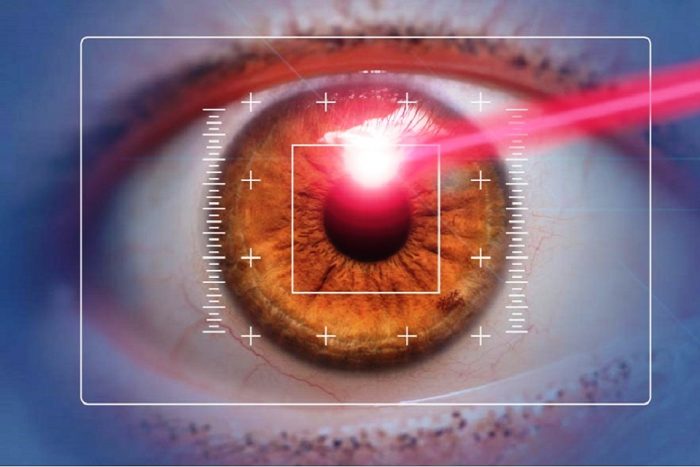There is no doubt that the popularity of laser eye treatments such as Lasik eye surgery is increasing as more and more people wish to end the need to wear glasses and contact lenses to correct their vision. It has proved to be a success for millions around the world, and the fact that the recovery time and any discomfort is minimal makes it an ideal choice for everyone.
We say everyone, but we should caveat that by saying everyone who is suitable for Lasik eye surgery. Unfortunately, not every individual will be a suitable candidate, given the number of criteria that have to be met before a surgeon will consider doing the procedure. The experts at insighteye.com.au have let us know some of the criteria – here they are and what they mean.
Healthy Eyes
The first criteria, and probably the most obvious is that your eyes must be in a healthy condition. Incidentally, the fact that your vision needs to be corrected in the first place does not make them unhealthy. What does, are conditions such as dry eye syndrome, conjunctivitis eye injuries, and eye infections, all of which make Lasik eye surgery questionable, and even if it is possible, the recovery time may be longer.
Your General Health
The main concern with regards to your overall health are any conditions or medications that you might be taking that could interfere with or compromise the healing process taking place in your cornea, following Lasik eye treatment. Conditions that can weaken the immune systems include type 1 diabetes, and rheumatoid arthritis, although there are many others.
Cornea Thickness/Shape
As Lasik eye surgery involves the creation of a flap on the cornea, the cornea needs to have sufficient thickness for that to be achieved. If not, Lasik eye surgery may not be possible although there may other options such as Lasek eye surgery. Another issue can be that the shape of the cornea is irregular which might prevent the Lasik eye surgery from achieving the desired results
Eye Prescription Limits
Obviously, the main reason that people opt for Lasik eye surgery is that their eye has a certain prescription related to glasses or contact lenses, and they no longer wish to wear these. Unfortunately, regardless of whether you are long-sighted or short-sighted, if your prescription is at the extreme ends of the scale, then it may not be possible for Lasik eye surgery to correct your vision.
Stable Vision
If your prescription has been changed at least once in the past twelve months, your surgeon may request that you wait until 12 months have passed from the last change before proceeding with Lasik eye surgery. Constant changes in eye prescription are often seen in young adults as their eyes change and in those with ever-increasing short-sightedness.
Your Age
In most cases, you will have to be 18 before a surgeon will consider you for Lasik eye surgery. There may be the occasional exception but given how much eye prescriptions change in the teenage years, 18 is generally regarded as the minimum age. As for upper age limit there is none, as long as the person is otherwise in good health.
Pregnancy
Expectant mothers are generally not suitable for Lasik eye surgery, nor are mothers who are nursing their newborn babies. One reason for this is that the hormonal changes that new and expectant mothers go through can alter the shape of the cornea. Also, the medication that might be administered such as antibiotics may be a risk for babies.

